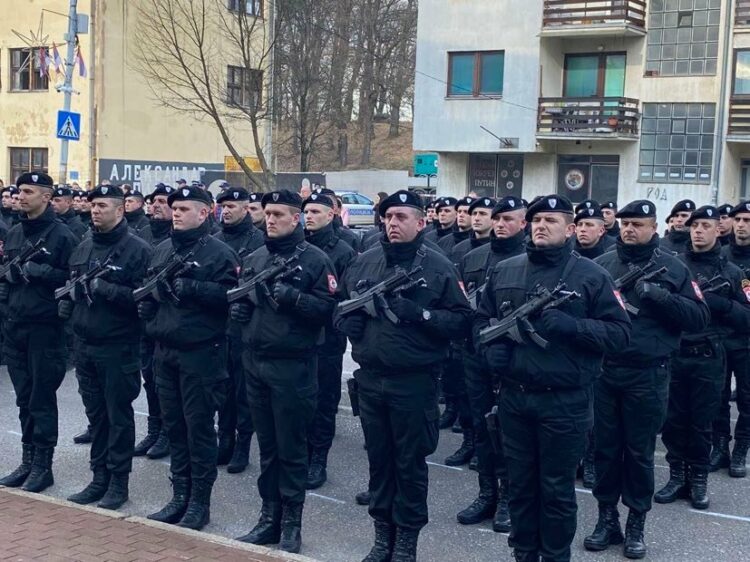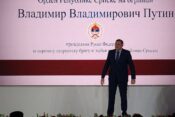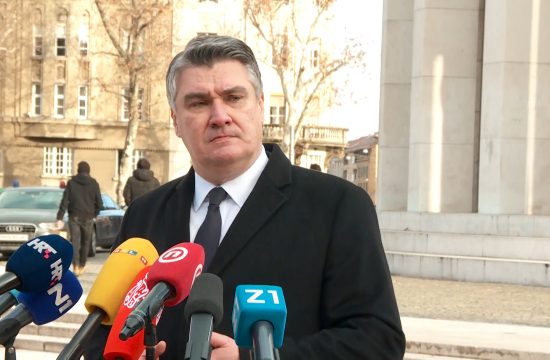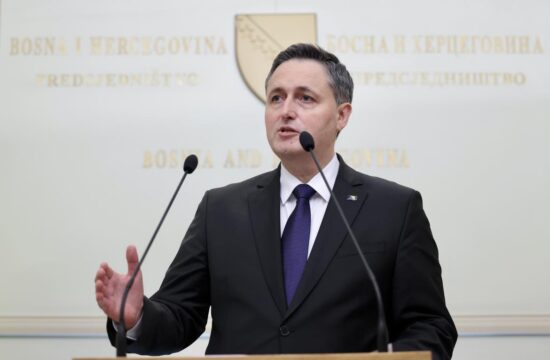
The marking of January 9 as the Day of Bosnia’s Republika Srpska (RS) entity, which was declared unconstitutional by the state Constitutional Court, already began Sunday in Banja Luka, and on Monday a parade will be held on the streets of East Sarajevo for the first time.
Many reacted to that decision, veteran associations from Bosnia’s other entity the Federation (FBiH) announced protests in Sarajevo due to the commemoration, but it was later cancelled while the Sarajevo Canton's police announced they would increase their presence in the streets of the capital.
On the other hand, the Association of Victims and Witnesses of Genocide demanded an immediate reaction from the international community and BiH authorities stating that it is too painful to celebrate January 9 near Sarajevo, the city that was under siege for the longest time in modern history.
In addition to these, there were numerous reactions from FBiH politicians who strongly condemned the celebration of this date, which the state Constitutional Court declared unconstitutional.
Various veterans’ and civil society associations also announced criminal complaints for “disobeying the Decisions of the Constitutional Court of BiH for violating and undermining the Constitutional and legal order of BiH, as well as illegally organizing a provocative militaristic parade and promoting the rhetoric of division and hatred by the RS authorities.”
As part of the celebration of January 9, awards were given to “deserving institutions and individuals” In the Banski Dvor Cultural Center in Banja Luka, thus the President of Russia, Vladimir Putin, received an award as well.
On January 9, 1992, Bosnian Serbs issued the Declaration of the proclamation of the Republic of Serbian people of Bosnia and Herzegovina, which Bosniaks see as a prelude into the 1992-95 war that took over 100,000 lives, devastated the country and saw the return of genocide back on European soil.
The war ended with a peace agreement brokered in Dayton, Ohio, in 1995, which divided the country into two semi-autonomous regions – Republika Srpska with a majority Serb population and the Federation of mainly Bosniaks and Croats.
The holiday was declared unconstitutional by the country’s Constitutional Court in November 2018 but authorities in Republika Srpska continue to ignore the ruling, despite criticism from the country’s Bosniaks and the international community.
Bosnia’s Constitutional Court ruled that the holiday was discriminatory against non-Serbs in Republika Srpska because January 9 is also a Serbian Orthodox religious holiday – the day of St Stephen, the patron saint of the entity.
Bosnian Serbs vehemently rejected the ruling and organised a referendum in September 2016, where the majority of the entity’s citizens voted in favour of the holiday.
The Constitutional Court then declared the referendum itself as illegal but the Republika Srpska Parliament passed the Law on the Day of Republika Srpska, which named January 9 as a secular holiday.
That Law was ruled unconstitutional in March 2019.
Bosnian Serb leaders view the country’s Constitutional Court as an anti-Serb biased political tribunal and ignore many of its rulings.







Kakvo je tvoje mišljenje o ovome?
Budi prvi koji će ostaviti komentar!